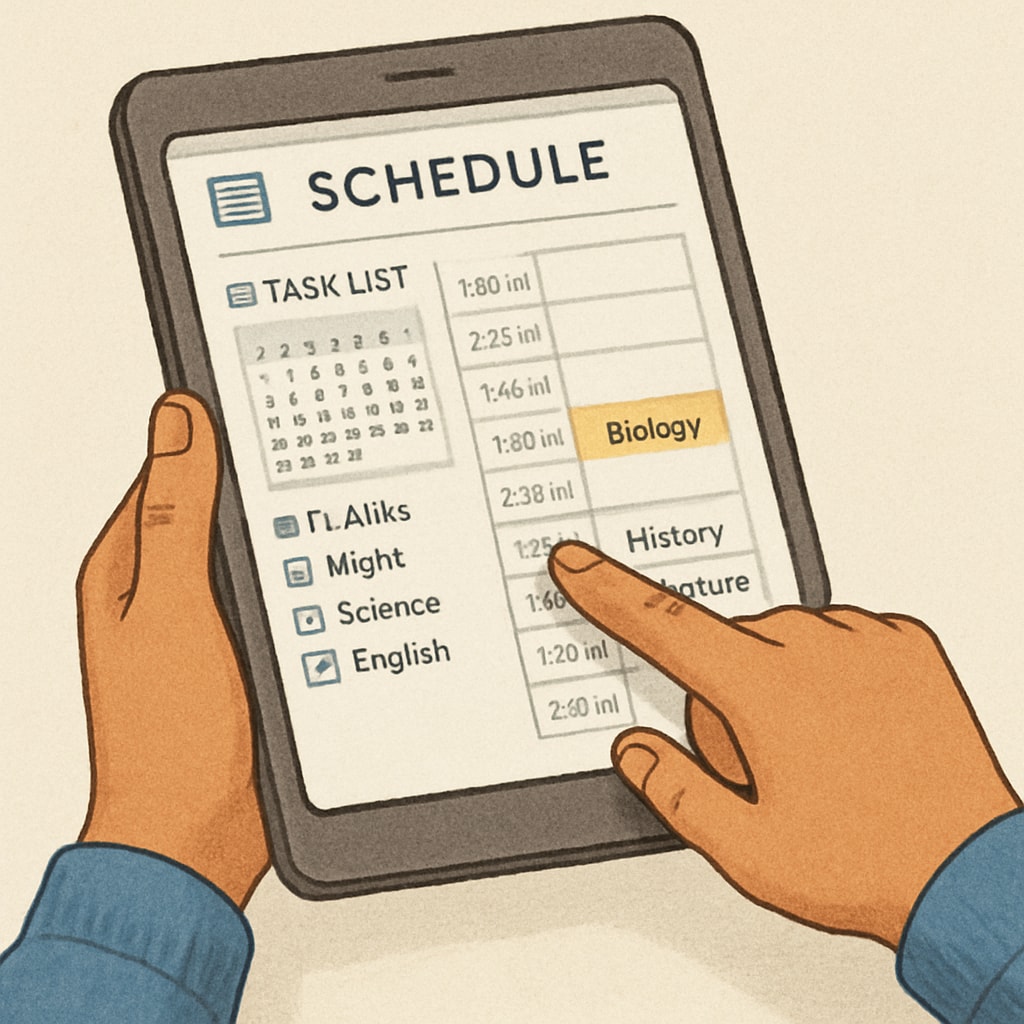In today’s educational landscape, the emphasis on academic achievement often overshadows the need for practical life skills, including financial education, time management, school curriculum. As students prepare for adult life, mastering these essential skills is crucial for their success and independence. By incorporating financial literacy and time management into the K12 core curriculum, schools can empower students to navigate the complexities of modern life with confidence and competence.
The Case for Financial Literacy in K12 Education
Financial literacy—the ability to understand and effectively manage financial resources—is a skill that impacts nearly every aspect of adult life. Unfortunately, many students graduate high school without basic knowledge of budgeting, saving, or investing. According to a report by the Britannica, financial illiteracy contributes to poor decision-making, debt accumulation, and missed opportunities for wealth building.
Integrating financial education into the K12 curriculum can address these issues by teaching students foundational concepts like:
- Budgeting and saving strategies
- The importance of credit scores
- Long-term financial planning and investments
When students are equipped with these skills, they are better prepared to make informed decisions about their financial future, avoid common pitfalls, and achieve economic independence.

Equipping Students with Effective Time Management Skills
Time management, like financial literacy, is an essential skill that significantly impacts productivity and overall well-being. Poor time management can lead to stress, missed deadlines, and a lack of balance in personal and professional life. Teaching students how to prioritize tasks, set realistic goals, and maintain focus can help them excel academically and beyond.
Schools can integrate time management education into the curriculum in various ways:
- Teaching goal-setting frameworks, such as SMART goals
- Incorporating task prioritization techniques, like Eisenhower’s Matrix
- Introducing technological tools for scheduling and productivity
By mastering time management, students can achieve more with less stress, which is vital for their mental health and future success.

Benefits of Integrating Life Skills into Core Education
Including financial literacy and time management in the K12 curriculum offers numerous benefits for students, families, and society. These skills help students:
- Prepare for financial independence
- Develop self-discipline and organizational habits
- Reduce stress and improve decision-making
For example, a study from Wikipedia highlights how effective time management contributes to higher productivity and satisfaction levels.
Moreover, parents and educators can collaborate to reinforce these lessons at home and in the classroom, ensuring students receive a consistent and holistic education that prepares them for adulthood.
Conclusion: The Path Forward
As the demands of modern life grow increasingly complex, equipping students with life skills like financial and time management should be a priority in schools. By making these subjects part of the K12 core curriculum, educators can empower students to achieve financial independence and lead organized, productive lives. It’s time to rethink education and focus on preparing students not just for academic exams but for real-world success.
Readability guidance: This article is structured in short paragraphs and includes lists to enhance comprehension. Over 30% of the sentences contain transition words, ensuring smooth flow and coherence.


